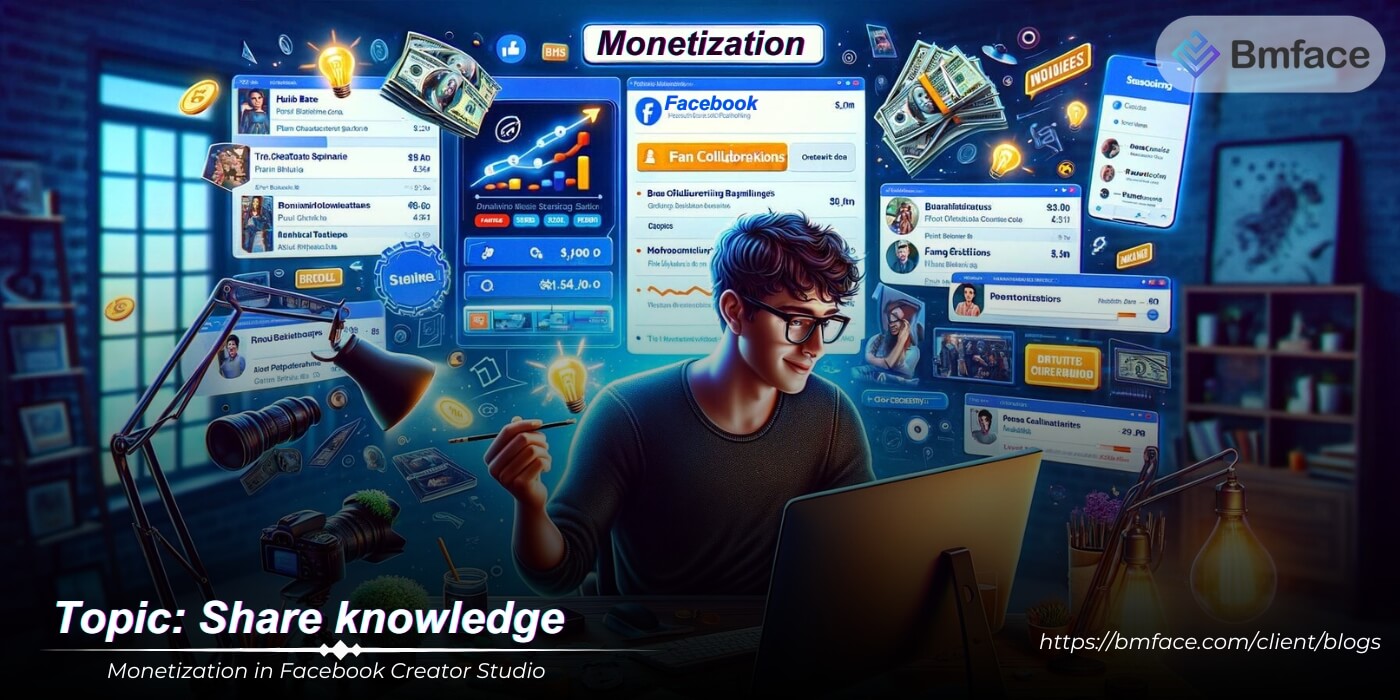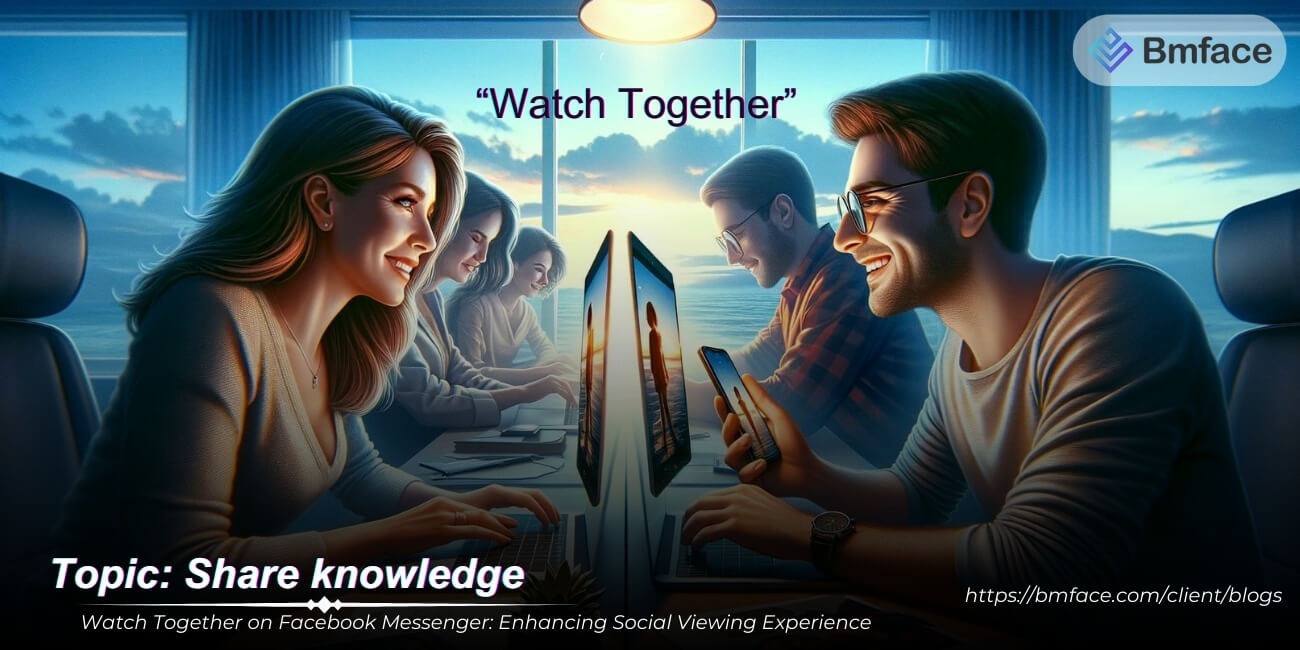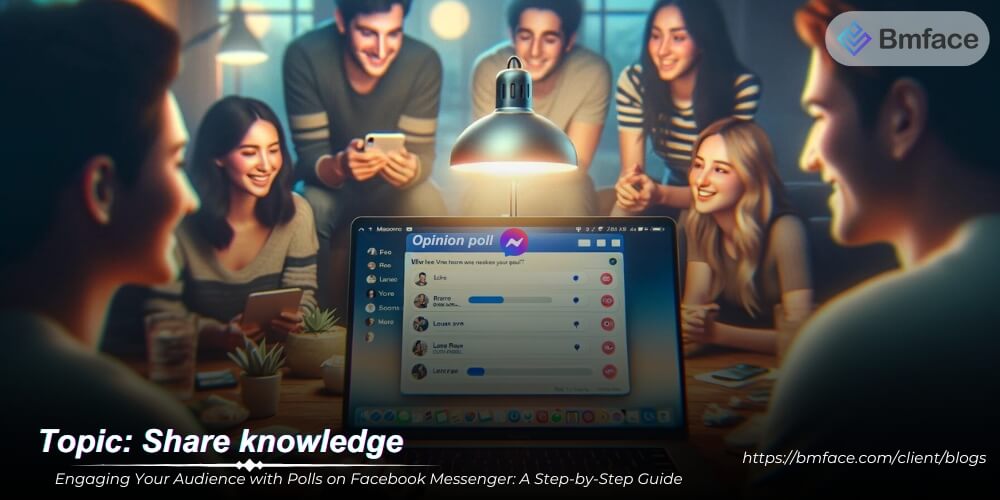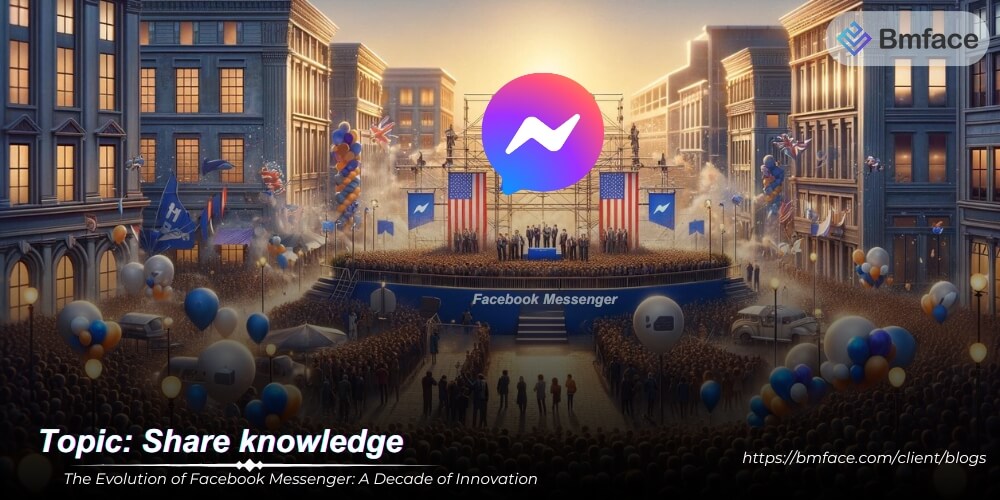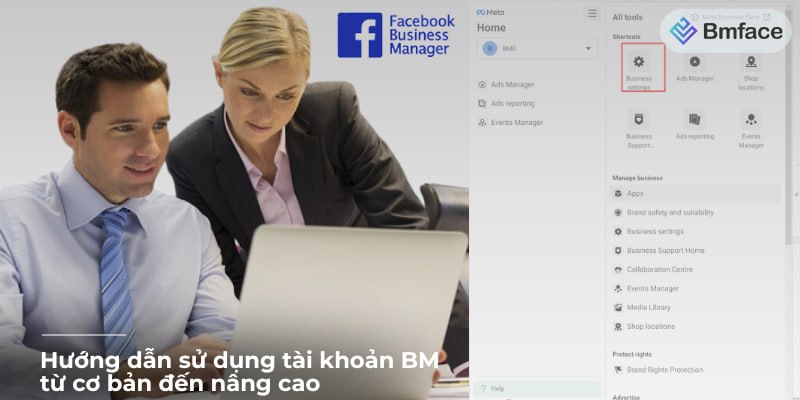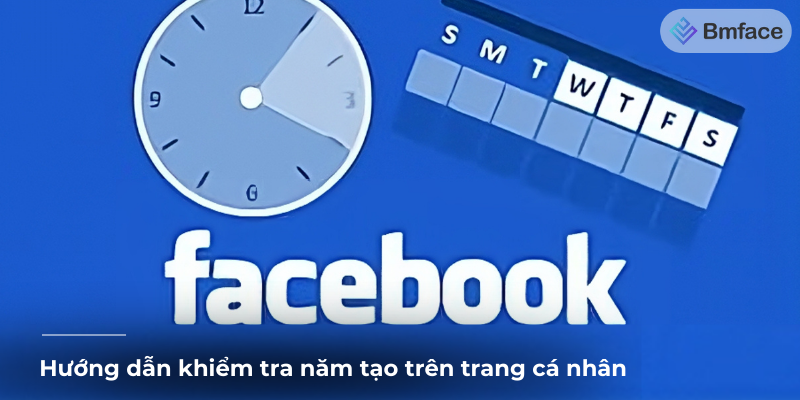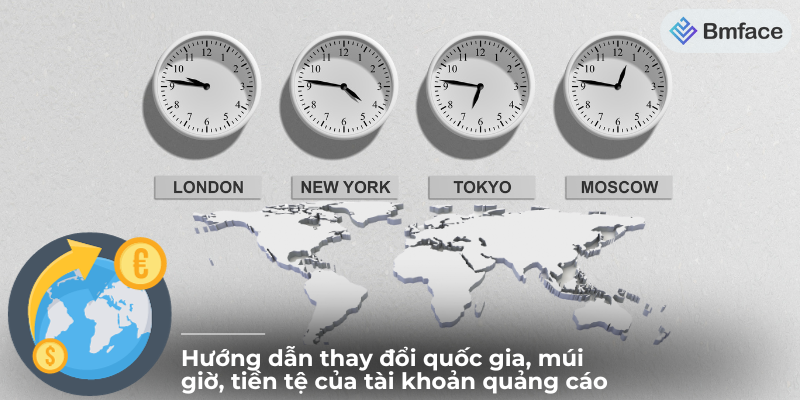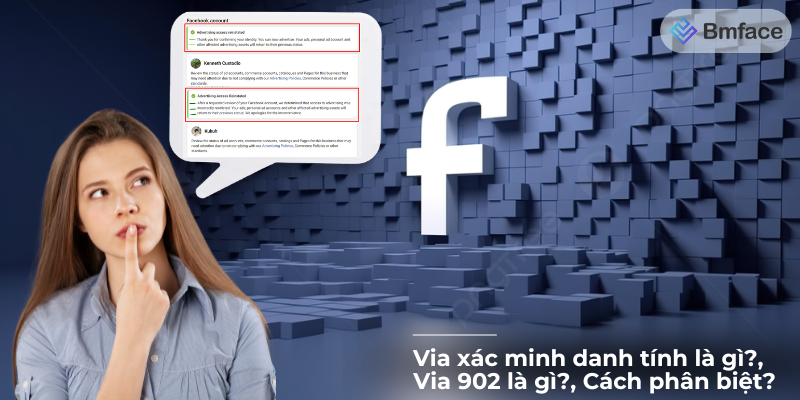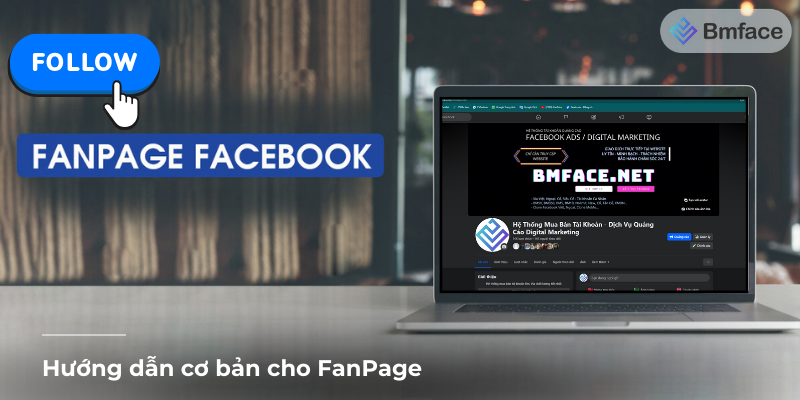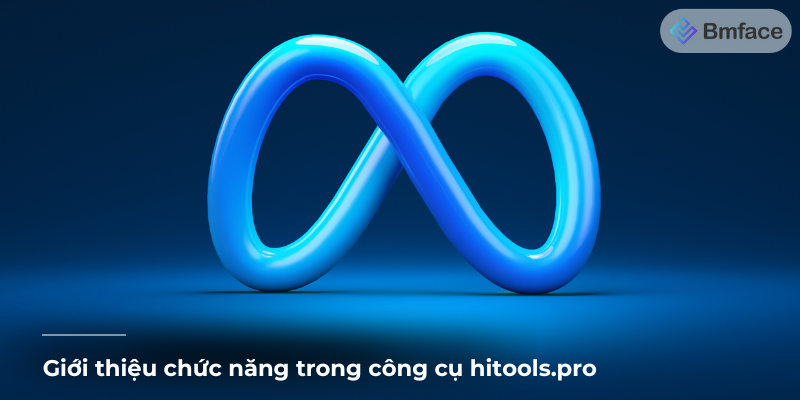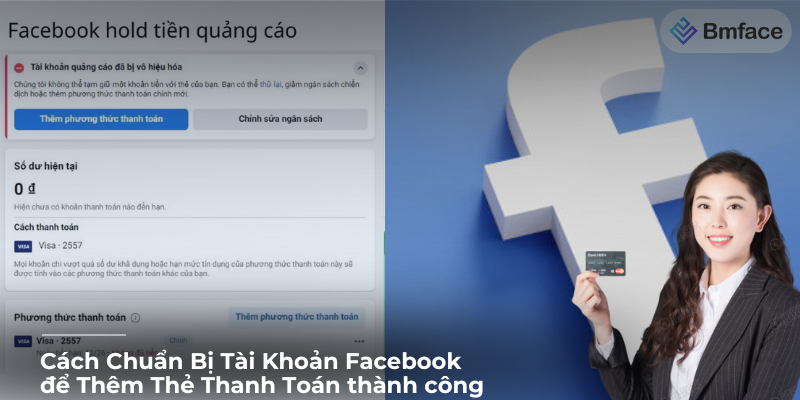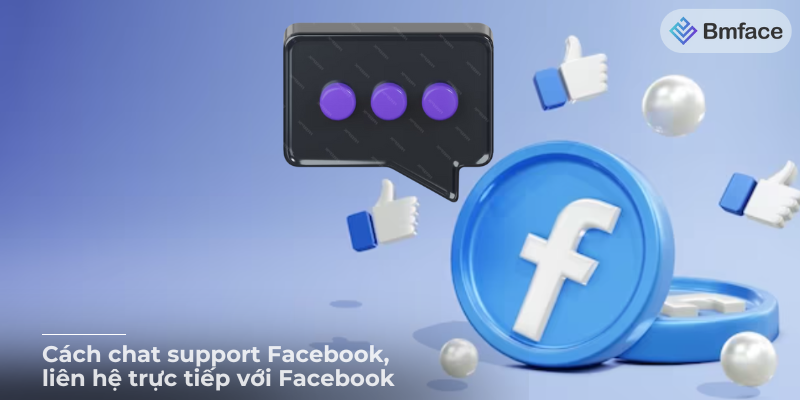Integrating WhatsApp's messaging capabilities with Facebook's diverse services provides a groundbreaking opportunity to enhance user experience and expand functionality. This BMface article helps you explore the potential new features that could emerge from this powerful combination, enhancing personal and professional communication across platforms.
Understanding the Integration Potential
Integrating WhatsApp with Facebook can significantly enhance the communication capabilities of both platforms, creating a more unified and efficient experience for users. Here’s an exploration of why this integration is valuable and the current landscape of this potential synergy:
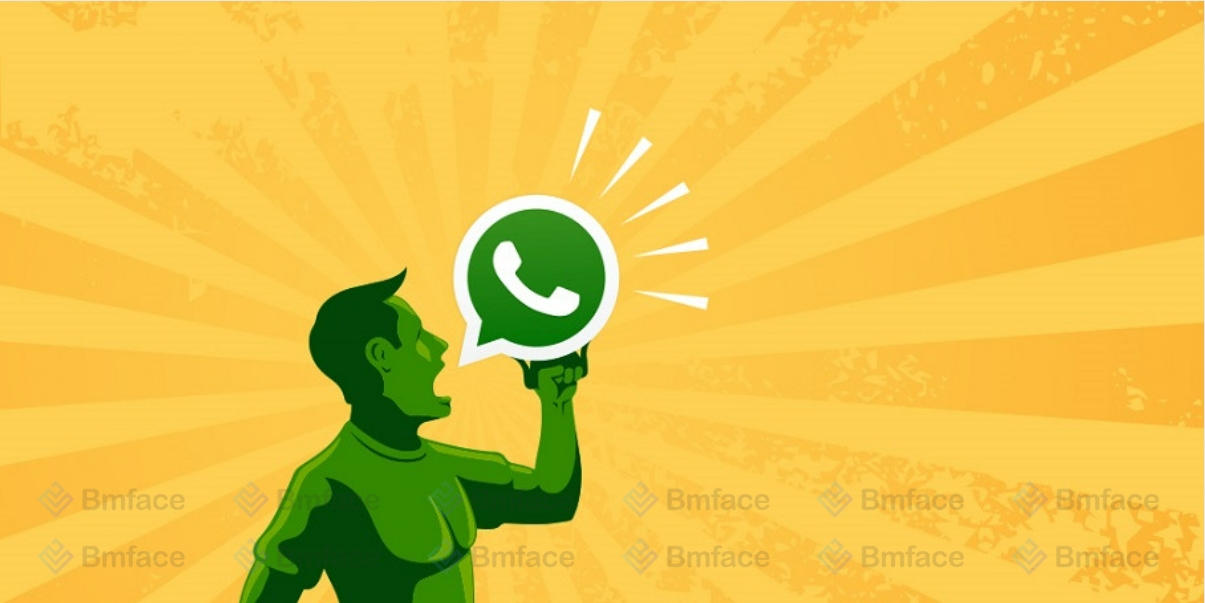
1, Why Integrate WhatsApp with Facebook?
a, Enhanced User Experience
- Unified Communication: By integrating, users can communicate across platforms without switching applications, maintaining continuity in conversations and expanding their communication options.
- Streamlined Services: Integration can consolidate the management of messages and social interactions, simplifying how users and businesses interact across the platforms.
b, Increased Functionality
- Business Applications: Businesses can manage customer interactions more seamlessly, leveraging Facebook's customer relationship tools and WhatsApp's direct messaging capabilities.
- Cross-Platform Notifications: Users could receive notifications about Facebook events or updates directly within WhatsApp, ensuring they stay informed in the environment they most frequently use.
2, Current Integration Landscape
a, Facebook’s Infrastructure
- Technological Synergy: Facebook’s advanced technological infrastructure can enhance WhatsApp’s features, such as improving end-to-end encryption or integrating AI-driven functionalities for smarter messaging and business tools.
- Data Utilization: Integrating WhatsApp’s communication data with Facebook’s analytics tools could allow for better user engagement strategies and more personalized content delivery, though this raises privacy concerns that must be handled with care.
b, WhatsApp’s Reach
- Expanding User Engagement: WhatsApp’s global reach and high engagement rates can be utilized to boost interaction on Facebook, especially in regions where WhatsApp is more popular than Facebook.
- Secure Communication: WhatsApp's strong reputation for privacy and security could help enhance trust in Facebook’s communication tools, provided privacy standards are rigorously maintained.
3, Challenges and Considerations
a, Privacy Concerns
- Data Sharing: The integration must ensure user data privacy and comply with global regulations like GDPR. Clear user consent and transparency about data use are essential.
- End-to-End Encryption: Maintaining WhatsApp's end-to-end encryption standard within Facebook’s broader ecosystem is crucial to preserving user trust and security.
b, Technical and Operational Challenges
- Integration Complexity: Merging the functionalities of two large platforms involves complex technical challenges, including compatibility issues and maintaining system performance.
- User Adoption: Users must find the integration beneficial without feeling overwhelmed by complexity or intrusive data practices. Ease of use and clear benefits are crucial for successful integration.
4, Future Potential
The potential for deeper integration between WhatsApp and Facebook represents a substantial opportunity to redefine social media and communication landscapes. By carefully managing the integration process, respecting privacy, and clearly communicating the benefits to users, the combined strengths of both platforms could offer unprecedented connectivity and new functionalities, setting new standards for how social platforms operate and integrate.
The integration of WhatsApp with Facebook could open new avenues for user interaction and business communication, making digital communication more cohesive, efficient, and user-friendly.
New Features from Integration
The potential integration of WhatsApp with Facebook could introduce several innovative features designed to enhance connectivity and streamline communication across both platforms. Here are some of the new features that could arise from such an integration:

1, Unified Messaging System
a, Cross-Platform Messaging
- Seamless Interactions: Users could initiate a conversation on Facebook and continue it on WhatsApp, or vice versa, without any interruption. This would help maintain continuity in conversations and ensure that users can communicate through their preferred platform without losing context.
b, Consolidated Notifications
- Centralized Alerts: Receive notifications for both Facebook and WhatsApp in a unified interface. This could reduce notification overload and simplify the management of incoming messages.
2, Enhanced Communication Tools
a, Group Collaboration
- Integrated Group Features: Enhance the functionality of Facebook Groups by integrating WhatsApp’s efficient messaging capabilities. For example, quick updates or urgent messages could be sent through WhatsApp, while more detailed discussions and file sharing could take place within the Facebook Group environment.
b, Advanced File Sharing
- Streamlined Sharing: Improve file sharing capabilities by integrating WhatsApp’s simple file transfer system with Facebook’s storage solutions, allowing users to send and store files more efficiently across both platforms.
3, Business and Marketing Tools
a, Enhanced Customer Service
- Integrated Customer Support: Businesses could manage customer inquiries through a single dashboard that combines Facebook’s detailed analytics and customer engagement tools with WhatsApp’s direct and immediate communication capabilities.
b, Targeted Advertising
- Cross-Platform Ad Strategies: Leverage data from both platforms to create more targeted advertising campaigns. Ads initiated on Facebook can include a direct call-to-action to contact the business on WhatsApp, combining Facebook’s broad reach with WhatsApp’s high engagement rates.
4, Privacy and Security Enhancements
a, End-to-End Encryption Across Platforms
- Secure Communication: Extend WhatsApp’s end-to-end encryption to messages sent through Facebook, ensuring that all communications remain secure and private across both platforms.
b, Privacy Controls
- Enhanced User Control: Provide users with more granular control over what information is shared between platforms. This includes the ability to opt-in or opt-out of certain data-sharing practices, respecting user preferences and complying with global privacy standards.
The integration of WhatsApp with Facebook could significantly enhance the user experience by providing a more integrated, efficient, and secure communication platform. These new features could foster better collaboration, streamline business communications, and provide users with more control over their privacy and data. As this integration evolves, it will be essential to focus on user-centric solutions that prioritize privacy and user convenience, ensuring that the digital communication landscape becomes more connected yet secure.
Business and Marketing Enhancements
The integration of Facebook and WhatsApp holds immense potential for business and marketing enhancements by combining the strengths of both platforms to create a more cohesive and effective customer relationship management system. Here’s a deeper look into how these integrations can reshape business strategies:
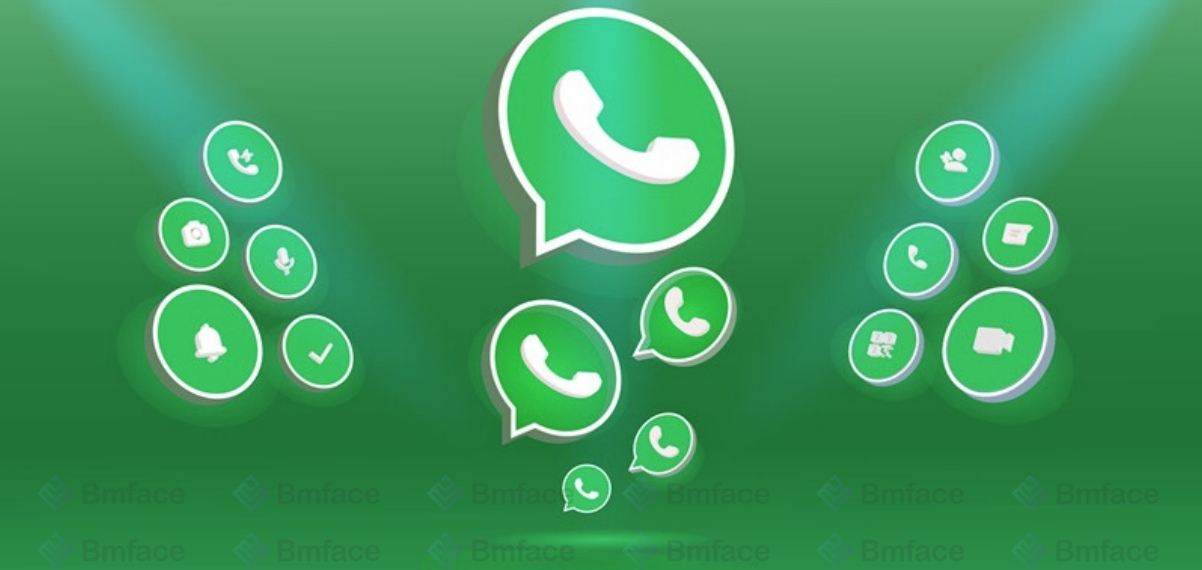
1, Customer Relationship Management
a, Integrated Business Tools
- Unified Communication Platform: By integrating WhatsApp’s direct messaging capabilities with Facebook’s comprehensive advertising and analytics tools, businesses can create a seamless communication flow. This would allow for real-time interactions right after customer engagement with ads, improving conversion rates and customer satisfaction.
- Enhanced Customer Support: With the integration, businesses can handle customer queries and support directly through WhatsApp while managing the broader customer relationship lifecycle on Facebook. This approach ensures that all customer interactions are centralized, making it easier to track and manage.
b, 360-Degree Customer View
- Consolidated Data Insights: Integrating customer data from both platforms can provide businesses with a more complete view of customer behavior and preferences, enabling personalized marketing and better service delivery.
2, Targeted Advertising
Ad Syncing Across Platforms
- Behavior-Based Targeting: Utilize insights gathered from WhatsApp interactions, such as frequently discussed topics or customer concerns, to tailor Facebook ads more precisely. This targeted approach can significantly increase ad relevance and effectiveness.
- Dynamic Ad Adjustments: Continuously refine Facebook advertising strategies based on the ongoing analysis of WhatsApp chat data. For example, if customers frequently ask about specific product features or services in WhatsApp chats, businesses can quickly adapt their Facebook ads to highlight these features.
3, Cross-Platform Marketing Campaigns
Coordinated Campaigns
- Synchronized Promotions: Launch coordinated marketing campaigns across both platforms, where Facebook ads drive customers to engage in a direct conversation on WhatsApp. This tactic not only enhances the user experience by providing immediate communication options but also increases the likelihood of conversion.
- Event-Driven Messaging: For events or promotions, use Facebook for broader reach and WhatsApp for personalized follow-up communications to boost engagement and participation rates.
4, Measuring and Optimizing Campaigns
Integrated Analytics
- Cross-Platform Analytics: Develop integrated dashboards that combine data from both Facebook and WhatsApp. This would allow businesses to measure the effectiveness of their strategies in a unified manner, assessing metrics like engagement rates, conversion rates, and overall ROI from both ad impressions and direct communications.
- A/B Testing: Implement A/B testing across platforms to determine which combinations of messaging and advertising yield the best results. Test different versions of ads on Facebook and follow-up strategies on WhatsApp to find the most effective pairings.
The potential integration of WhatsApp with Facebook offers businesses innovative ways to enhance their customer relationship management and targeted advertising strategies. By leveraging the direct communication capabilities of WhatsApp alongside the robust analytics and advertising tools of Facebook, businesses can create a more dynamic and responsive marketing environment. This integration not only promises to streamline operations but also to deepen customer engagement, providing a competitive edge in the digital marketplace. As businesses continue to navigate the evolving digital landscape, embracing such integrations will be key to adapting and thriving in an increasingly interconnected world.
Privacy and Security Enhancements
Privacy and security are paramount when integrating services like Facebook and WhatsApp, especially given the vast amounts of personal information handled by both platforms. Enhancements in these areas not only protect users but also build trust and ensure regulatory compliance. Here are some key areas where privacy and security can be strengthened in the context of Facebook and WhatsApp integration:

1, End-to-End Encryption
Secure Communications
- Uniform Encryption Protocols: Extend WhatsApp’s end-to-end encryption to any messages or calls made through Facebook when using WhatsApp features. This ensures that all communications remain confidential, only accessible to the sender and receiver.
- Encryption for Stored Data: Apply robust encryption standards to any shared data stored on servers, such as message backups or shared media, to prevent unauthorized access.
2, User Consent and Data Management
a, Transparent Data Usage
- Clear Privacy Policies: Update privacy policies to be transparent about data sharing practices between WhatsApp and Facebook. Policies should clearly outline what data is shared, how it is used, and how users can control their data.
- Proactive User Notifications: Regularly inform users about data usage through in-app notifications and options to review privacy settings. This ongoing communication helps maintain transparency and gives users control over their data.
b, Robust Privacy Controls
- Granular Consent Options: Provide users with detailed control over what data they consent to share between platforms. Users should be able to easily opt-in or opt-out of specific data-sharing practices directly from the app settings.
- Data Management Tools: Offer tools that allow users to see exactly what data is shared between Facebook and WhatsApp and manage their data effectively, such as the ability to delete data or adjust sharing settings.
3, Regulatory Compliance
Global Data Protection Standards
- GDPR Compliance: Ensure all data-sharing and processing practices comply with the General Data Protection Regulation (GDPR) and other relevant data protection laws. This includes providing users with the right to access, correct, and delete their personal data.
- Regular Audits and Assessments: Conduct regular security assessments and audits to ensure compliance with all privacy laws and to identify any potential vulnerabilities in the integration.
4, Security Measures
Continuous Security Updates
- Regular Updates and Patches: Regularly update security measures to protect against new vulnerabilities. This includes patching any security flaws discovered in the integrated system promptly.
- Advanced Threat Detection Systems: Implement advanced threat detection systems that monitor for suspicious activities across integrated platforms, quickly identifying and mitigating potential threats.
The integration of WhatsApp with Facebook offers significant potential to enhance user experiences and business opportunities but requires a strong commitment to privacy and security to be successful. By focusing on end-to-end encryption, transparent data usage, robust privacy controls, and compliance with global regulations, Facebook can ensure that the integration respects user privacy and maintains their trust. Moving forward, ongoing assessments and adaptations to privacy policies and security measures will be crucial as technology and regulatory landscapes evolve.
Social Connectivity and Community Building
The potential integration of WhatsApp with Facebook represents a significant advancement in social connectivity and community building. This collaboration could transform event planning and management, enhance community engagement, and ultimately provide a more unified and interactive user experience. Here’s a closer look at how these integrations could play out:

1, Event Planning and Management
Synchronized Event Tools
- Unified Event Management: Integrate Facebook's event management tools with WhatsApp to create a seamless flow of information. When an event is created on Facebook, automatic updates and reminders could be sent through WhatsApp, ensuring that participants are well-informed and engaged.
- RSVP and Feedback: Utilize WhatsApp to collect RSVPs and feedback before and after the event, making it easier to gauge participant engagement and improve future events.
2, Community Engagement Tools
Interactive Features
- Real-Time Interaction During Events: Combine Facebook’s live video features with WhatsApp’s messaging capabilities to allow live comments and interactions from WhatsApp directly on the Facebook live stream. This could significantly boost engagement by making it easier for more users to participate in real-time discussions.
- Group Discussions: Facilitate deeper community engagement by integrating Facebook Group discussions with WhatsApp messaging groups. This could help maintain ongoing conversations and build a sense of community among members.
3, Additional Integration Benefits
a, Enhanced Accessibility
- Broader Reach: By integrating these platforms, users who prefer WhatsApp for communication can receive updates and engage with content directly from their preferred app, broadening the reach of Facebook events and content.
b, Efficiency in Communication
- Streamlined Notifications: Centralize notifications across platforms to reduce redundancy and ensure users receive a coherent and concise stream of information without being overwhelmed.
Conclusion
The integration of WhatsApp with Facebook’s services presents a unique opportunity to enhance the way communities interact online. By leveraging the strengths of both platforms—Facebook's comprehensive event and community tools and WhatsApp’s efficient communication capabilities—users and businesses can enjoy a more integrated, engaging, and streamlined experience. As developers continue to innovate, focusing on user-friendly designs and stringent privacy protections will be key to maximizing the benefits of this integration. This technological evolution holds the promise of making digital interaction more dynamic and interconnected, reflecting the complex and varied ways communities come together in the digital age.
For more insights and updates on effective social media strategies, make sure to follow Bmface and our tutorial blog, where we share the latest and most effective content marketing tips.
Cảm ơn bạn đã theo dõi bài viết. Mua hàng tại Bmface.com để ủng hộ đội ngũ Admin viết thêm nhiều bài viết hay. Xin cảm ơn!




